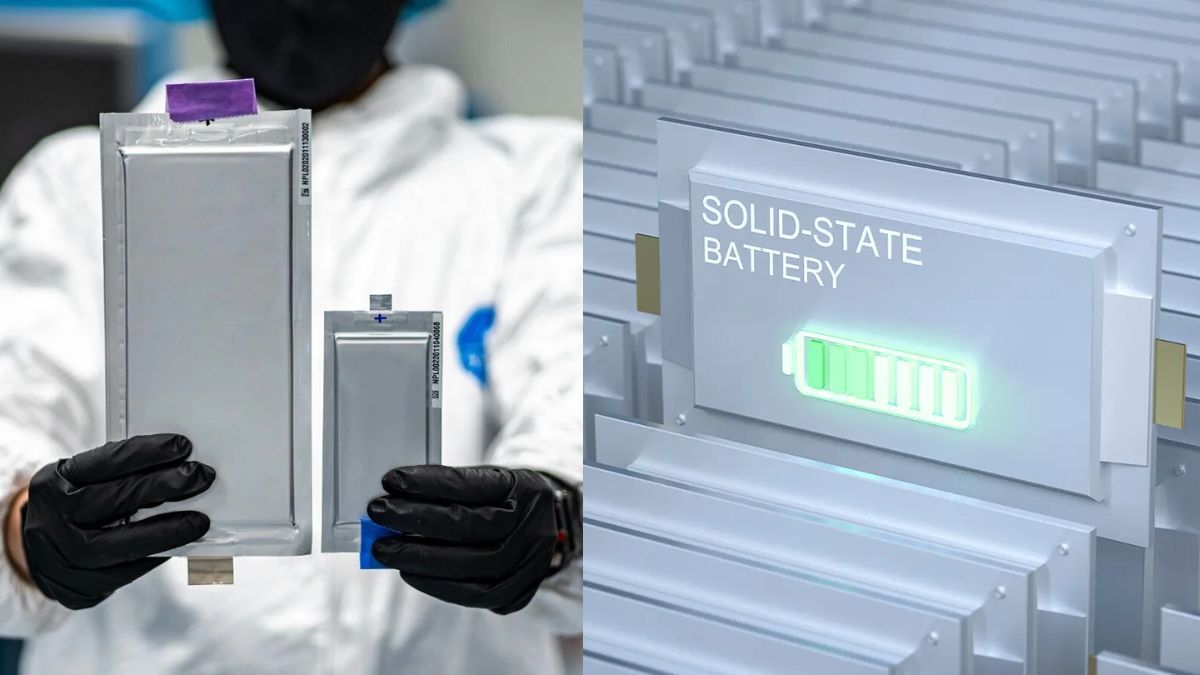Yesterday, Torque News published an article examining the potential of solid-state batteries to power the future of electric vehicles. While the article highlighted its advantages like increased range and faster charging, it sparked a discussion about the bigger picture beyond this often-touted technology. Enter former EV reporter Dean McManis, who offered valuable insights about the current state of the industry and other promising advancements on the horizon. Let's dive deeper into his perspective and explore the diverse landscape of EV battery development.
Here is Dean's full comment:
"Nice article. But in the U.S. the most common batteries are NCA/NCM/LFP batteries. Solid state batteries are still mostly in the research phase. And even if solid state batteries can be scaled to volume production, and are comparably priced, it will likely be several years away from now. Plus there are other upcoming battery technologies that will be better in specific ways. 2nd gen sodium ion batteries promise 200+ Wh/kg at a far lower cost than even LFP batteries. They will be well suited for stationary storage, and small/efficient EVs. Sulfur lithium batteries have similar energy density to the best solid state batteries at a far lower cost. And other chemistries like aquious zinc look promising as well. The best news is that R&D on new batteries is moving forward steadily, so supporting EVs with their current technologies is good now, and they also promise improvements for the next generation as well."
Now let's analyze it.
A Realistic Look at Solid-State Batteries:
While McManis commends the article for delving into solid-state batteries, he reminds us that NCA/NCM/LFP batteries dominate the US market currently. He emphasizes that solid-state technologies are still in their research phase, facing hurdles like scalability and cost before widespread adoption.
Emerging Alternatives to Watch:
McManis doesn't stop there. He shines a light on other exciting developments with unique strengths:
- 2nd Gen Sodium Ion Batteries: Offering high energy density at a fraction of the cost, they appear ideal for stationary storage and smaller, efficient EVs.
- Sulfur Lithium Batteries: Matching the energy density of solid-state solutions at a lower cost, they present themselves as a compelling contender.
- Aqueous Zinc Batteries: This promising technology explores a different chemistry, hinting at further possibilities.
A Dynamic Battery Ecosystem:
McManis emphasizes the positive momentum in R&D across various battery chemistries. This means supporting current EV technologies isn't just good for today, but paves the way for future advancements.
The Bottom Line:
Solid-state batteries hold remarkable potential, but we need to acknowledge a diverse landscape of innovative battery solutions. Each technology caters to specific needs, and collaborative efforts to refine existing lithium-ion batteries shouldn't be overlooked. The future of EV batteries is vibrant and multifaceted, and supporting innovation across the board will drive progress towards efficient, sustainable mobility.
Armen Hareyan is the founder and the Editor in Chief of Torque News. He founded TorqueNews.com in 2010, which since then has been publishing expert news and analysis about the automotive industry. He can be reached at Torque News Twitter, Facebook, Linkedin, and Youtube. He has more than a decade of expertise in the automotive industry with a special interest in Tesla and electric vehicles.






Comments
I fail to find any ‘news’ in…
Permalink
I fail to find any ‘news’ in this article.
Who is Dean McManis and what qualifications does he have in this field?
I have searched and not discovered any solid background
I have been writing about…
Permalink
In reply to I fail to find any ‘news’ in… by Johnny Arthur (not verified)
I have been writing about cars for over 20 years, and about EVs for over 10 years. My comments are relating to different battery technologies, but each different battery chemistry would require far more space provided to do them justice. This information is meant to foster intelligent discussion. You are welcome to add something constructive if you have a different view.